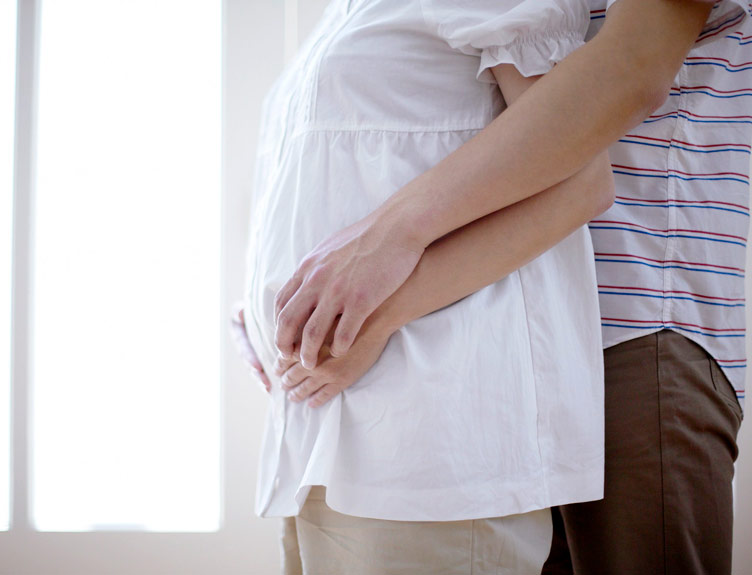RCSI research confirms link between stress in the womb and depression in females in later life

A study by researchers in the Royal College of Surgeons in Ireland (RCSI) has shown an increased risk of depressive behavior in females in later life whose mothers experienced stressful events during pregnancy. The research has shown long-lasting physical changes are present in the brain of female offspring.
This is the first time that stress in the late stages of pregnancy has been shown to cause a reduction in a particular type of brain cell, known as glial cells, leading to a greater likelihood of depressive behaviour in adulthood. Glial cells are well recognised to be altered in people with depressive illness as adults. The study looked at both male and female offspring, but only female offspring were found be affected by prenatal stress.
Previous population studies of adults with psychiatric illness which looked at their mother’s history of stress in pregnancy showed that prenatal stress was associated with an increased incidence of disorders such as depression, anxiety, schizophrenia and autism.
Joint lead author of the study, Dr Áine Behan, Department of Physiology, RCSI, explained: "Our study looked at the area of the brain known as the hippocampus, which affects human behaviour. We observed a reduction in the density of a particular kind of brain cell population called glial cells in the hippocampus of female offspring following prenatal stress. Our findings suggest that altered glial density in the hippocampus could contribute to developmental brain changes that occur in response to stress which could act as a vulnerability factor for psychiatric disorders in later life."
“Our research links stress in the womb to a higher susceptibility to depressive behaviour in females in later life. Our findings contribute to the understanding of the physical causes of depression which could contribute to the development of new innovations in antidepressant medication,” Dr Behan concluded.
Other researchers include Prof. David Cotter, Department of Psychiatry, RCSI, who was joint senior author in this study, and collaborators in the Behavioural Neuroscience team from the Department of Psychiatry and Neuropsychology, Division of Cellular Neuroscience, University of Maastricht, Maastricht, The Netherlands including Dr Daniel van den Hove (lead author), Ms Lynn Mueller, Ms. Marion Jetten, Prof. Harry Steinbusch and Dr Jos Prickaerts.
The new study reinforces previous research carried out by Dr Cotter’s group which found glial cell deficits in specific brain regions of patients with schizophrenia and depression. This new study suggests that foetal exposure to prenatal stress may lead to a glial cell deficit which is a vulnerability factor for depression in adulthood.
This work was published in the European Neuropsychopharmacology Journal and was funded by the Wellcome Trust, Science Foundation Ireland and the European Union Framework Integrated Project NEWMOOD grant.



